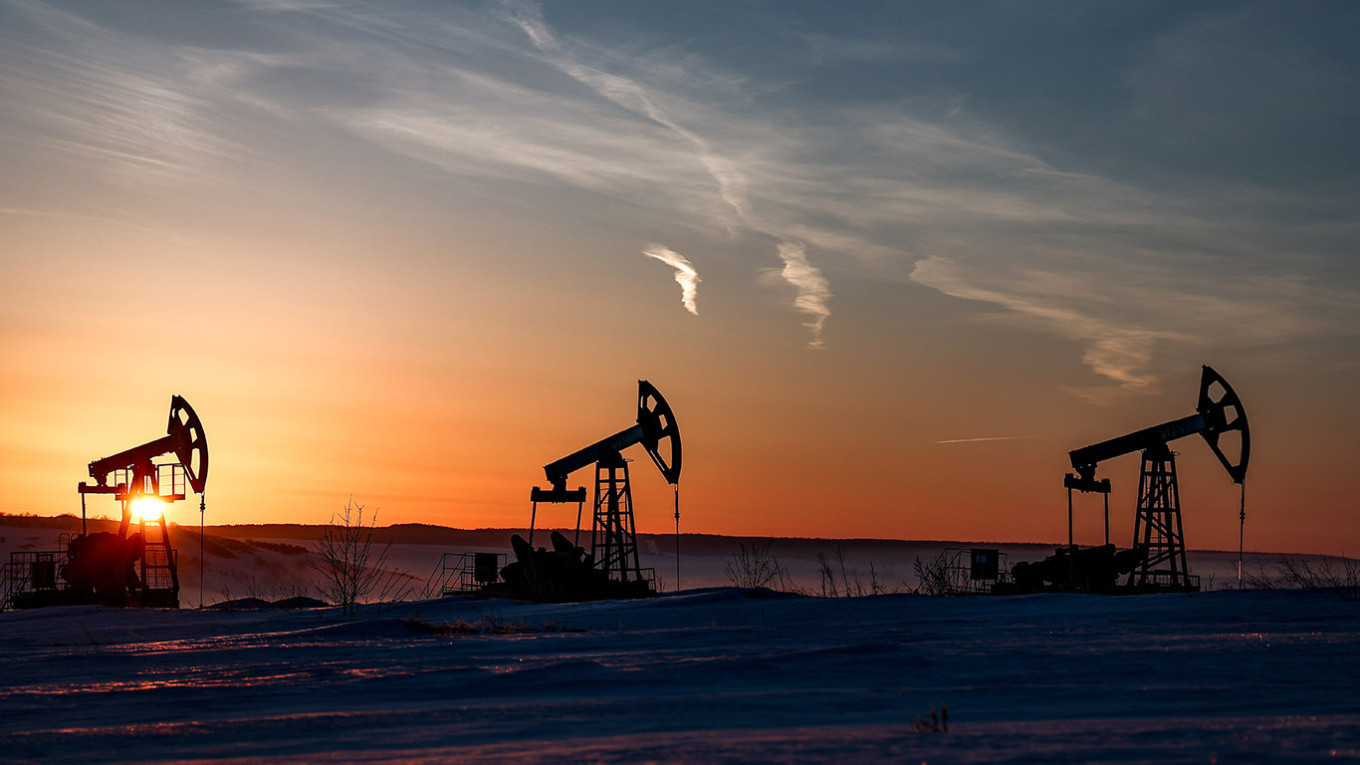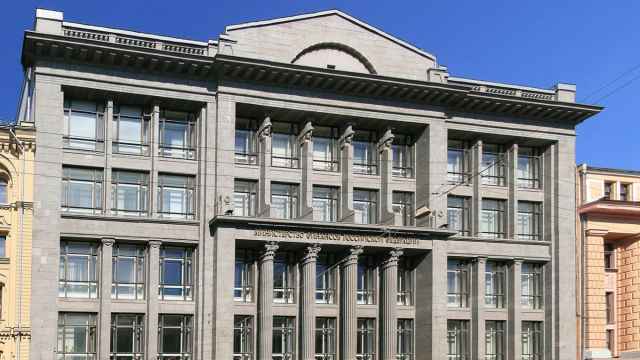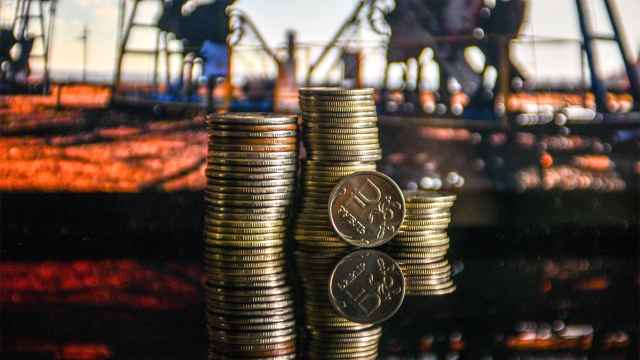Russia’s oil and gas revenues fell sharply for the third consecutive month in July, driven by weaker oil prices and a stronger ruble, the Finance Ministry reported.
The government collected 787.3 billion rubles ($9.84 billion, according to spot foreign exchange market data published by Reuters) in oil and gas taxes in July, down 28% from the same month last year.
Over the first seven months of 2025, total oil and gas revenues declined 19% year-on-year to 5.52 trillion rubles ($69 billion), compared with 6.78 trillion rubles ($84.71 billion) during the same period in 2024.
Mineral extraction tax revenue, a key component of oil and gas income, dropped 38% to 634.1 billion rubles ($7.93 billion). Oil companies contributed 543.4 billion rubles ($6.79 billion) of that total, a 36% decline from last year.
Gas-related revenues more than halved, falling 53% to just 51.1 billion rubles ($639 million), as Gazprom’s exports to Europe hit their lowest levels since the early 1970s.
The Finance Ministry originally projected 10.94 trillion rubles ($136.75 billion) in oil and gas revenues for 2025, with 1.8 trillion rubles ($22.5 billion) intended for the National Wealth Fund (NWF).
But falling prices and a stronger currency forced a downward revision, and the ministry now expects revenues of just 8.32 trillion rubles ($104 billion) — nearly a 25% cut.
This shortfall will require continued drawdowns from the NWF, whose liquid assets have fallen nearly threefold since the start of the war and stood at just over 4 trillion rubles ($50 billion) as of June.
Adding to fiscal pressure is the EU’s 18th sanctions package, which replaces the fixed $60 oil price cap with a new mechanism setting the cap at 15% below global market averages. The initial cap was set at $47.60 per barrel, with adjustments scheduled every three months.
Freedom Finance Global analyst Vladimir Chernov estimated that the new rules could cost Russia up to 1.5 trillion rubles ($18.75 billion) per year, or about 18% of the Finance Ministry’s revised oil and gas revenue target of 8.9 trillion rubles ($111.25 billion).
“This measure could place significant pressure on Russia’s economy, particularly federal revenues,” Chernov said. “Risks are heightened by the country’s continued dependence on resource-based income and its exports to jurisdictions where the price cap could be enforced through restrictions on insurance, logistics and payments.”
Russia’s federal budget deficit reached 3.7 trillion rubles ($46.25 billion) in the first half of 2025.
In late July, Federation Council Budget Committee Chair Anatoly Artamonov said the government would seek to cut 2 trillion rubles ($25 billion) in “ineffective” spending to free up funds for defense and security.
A Message from The Moscow Times:
Dear readers,
We are facing unprecedented challenges. Russia's Prosecutor General's Office has designated The Moscow Times as an "undesirable" organization, criminalizing our work and putting our staff at risk of prosecution. This follows our earlier unjust labeling as a "foreign agent."
These actions are direct attempts to silence independent journalism in Russia. The authorities claim our work "discredits the decisions of the Russian leadership." We see things differently: we strive to provide accurate, unbiased reporting on Russia.
We, the journalists of The Moscow Times, refuse to be silenced. But to continue our work, we need your help.
Your support, no matter how small, makes a world of difference. If you can, please support us monthly starting from just $2. It's quick to set up, and every contribution makes a significant impact.
By supporting The Moscow Times, you're defending open, independent journalism in the face of repression. Thank you for standing with us.
Remind me later.






